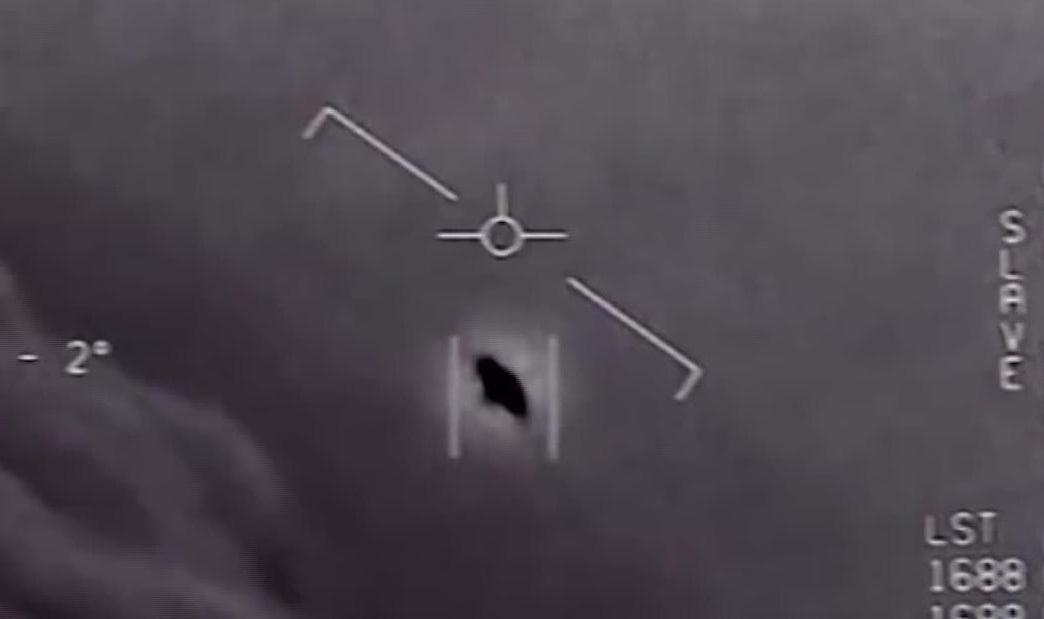
Sea state
Two upgraded Jin-class submarines have entered service in the Chinese navy. The nuclear-powered submarines are the latest in a series of significant additions to the People’s Liberation Army Navy over the past year. China has one of the world’s fastest growing navies, with 76 high-tech submarines expected to be in service by 2030.
The Australian government has ordered six new Cape-class patrol boats from Perth shipbuilder Austal in a $350 million deal. The contract was not part of the Defence Department’s published force structure plan, so there’s speculation that it’s a stimulus measure to ameliorate the economic effects of coronavirus, as well as an incentive to keep the defence contractor’s workers employed. Also this week, the estimated cost of Australia’s Attack-class submarine program hit nearly $90 billion. That’s an increase of almost $10 billion in five months, which Defence says is due to the falling Australian dollar.
Flight path
The Royal Australian Air Force celebrated 10 years of service for its fleet of six early warning E-7A Wedgetail jets last week. Over the past decade, the Wedgetail has been deployed to the Middle East and participated in drills including Exercise Bersama Lima, Cope North, Red Flag and Pitch Black. The Wedgetail is one of the most advanced air battlespace management aircraft in the world and is capable of tracking airborne and maritime targets at the same time.
Taiwan has signed an engine contract that has activated a foreign military sales deal with the US for 66 Lockheed Martin F-16V Fighting Falcon combat aircraft. The sale was first slated in August last year as part of a US$8 billion deal with Taipei that was the first of its kind since 1992. Taiwanese President Tsai Ing-wen said on Twitter that the decision to purchase the F-16s represents ‘a multi-partisan effort that reflects our collective will to defend our liberty and sovereignty.’
Rapid fire
Thales Australia will develop a new variant of its Bushmaster and export six medevac versions of the armoured vehicles to the Netherlands, following similar purchases made between 2007 and 2016. The Australian Army has deployed and tested the Bushmaster extensively in Afghanistan, where it provided quick and safe transportation for troops. The vehicles are sometime referred to as Australian ‘battle-limousines’, and the Dutch military now owns more than 100 of them.
The US has authorised up to 200 Selected Reserve troops to be put on active duty for a year in order to counter drug trafficking in the Americas. The move comes after President Donald Trump admitted that there’s a growing threat from drug cartels during the Covid-19 pandemic, and has been welcomed by experts who fear cartels might ramp up their human trafficking and extortion activities as their traditional revenue streams take a hit due to the crisis.
Final frontier
The relocation of the Space Surveillance Telescope from the US to Western Australia has been finalised in a collaboration between the US Space Force and the Royal Australian Air Force. The move to the Harold E. Holt Naval Communication Station near Exmouth will provide improved images of objects in orbit and help prevent collisions. The project recently achieved ‘first light’, which means the telescope optics have aligned with the camera and are now able to produce images. Extensive testing is still required before it becomes operational in 2022.
The US Department of Defense has released three videos of ‘unidentified aerial phenomena’ recorded by naval aviators. The videos were originally published in 2007 and 2017 and show flying objects that appear to defy the laws of physics. The release of the footage, which was filmed from US Navy F/A-18 Hornets in 2004 and 2015, is meant to clarify misconceptions about whether the videos were real. Analysts say there are many non-extraterrestrial explanations for what’s shown in the videos.
Wired watchtower
In addition to lingering security and privacy concerns associated with Australia’s COVIDSafe app, the ability of the technology to effectively assist with contract tracing has been called into question. The app will notify those exposed to a person with coronavirus, but can’t pick up potential infection paths such as different people visiting the same cafe or touching the same surface. The government has moved to allay concerns about privacy by releasing draft legislation for the app. More than 4.5 million Australians have now downloaded COVIDSafe.
Comments from US President Donald Trump on medically unsubstantiated coronavirus cures are testing the commitments of social media platforms to take down Covid-19-related misinformation. Facebook, Twitter and YouTube have said that content spruiking false cures for coronavirus is dangerous and would be immediately removed from their platforms, though they haven’t removed Trump’s comments.